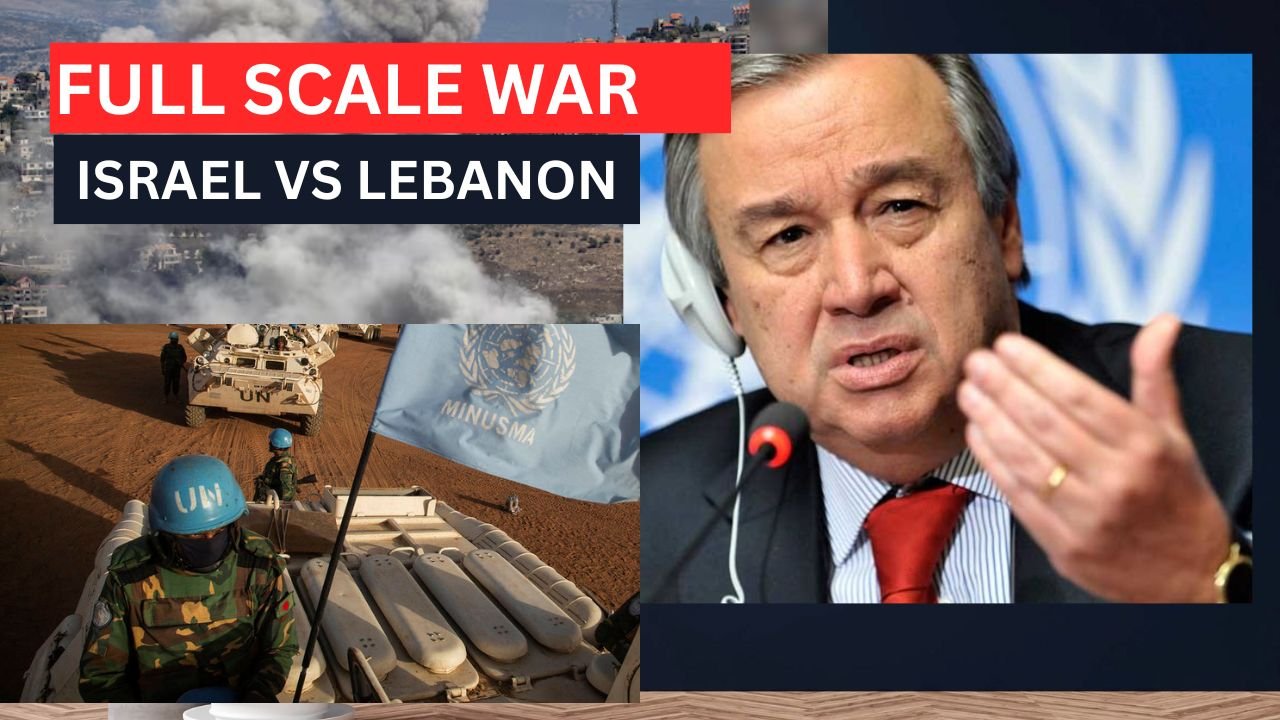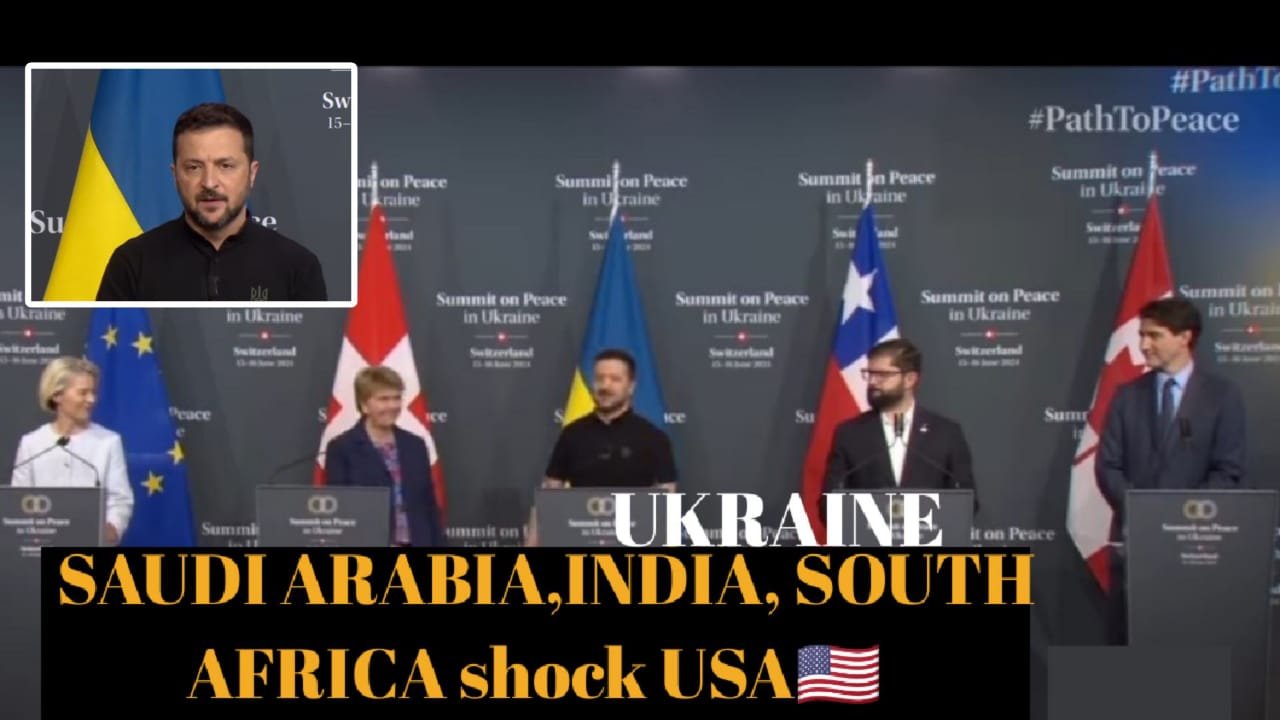A ‘full-scale regional battle’ is imminent in the Middle East, according to the UN chief.
The United Nations (USA) (AFP) – With a dire assessment of the Middle East, UN Secretary-General Antonio Guterres warned on Thursday that growing tensions over the Gaza War and Iran’s attack on Israel may turn into a “full-scale regional battle”.

On the Israel-Lebanon border, where Indian peacekeepers are stationed, the UN warns of a “full-scale” war.
The international organization has issued a warning about the “heightened risk of a full-scale war” near the 901 Indian peacekeepers stationed at the Israel-Lebanon border.
The office of Secretary-General Antonio Guterres’s spokeswoman stated on Friday that “the UN is deeply concerned at the increase in the intensity of exchanges of fire across the Blue Line yesterday, which heightens the risk of a full-scale war.”
Escalation is preventable and necessary. We stress again how real the risk is of a miscalculation resulting in an unexpected and widespread firestorm,” it continued.
The militia responded by firing a volley of 100 missiles into Israel on Wednesday, following the death of a top Hezbollah leader in Southern Lebanon by an Israeli drone.
Iran-backed Hezbollah, which is well-established, has pledged to keep attacking Israel in support of Hamas, which is being attacked by Israel in Gaza.
Tensions in the region, which date back decades, have gotten worse since October 7, when Israel launched an operation in retaliation for Hamas’s takeover of Gaza.
Fearing a wider regional conflict, Hezbollah declared its support for Hamas and warned to continue attacking Israel until a truce was reached in Gaza.
In the barrage of assaults between Israel and Hezbollah, civilians have suffered the most.
UN “deeply concerned” at the increase in the intensity of exchanges of fire across the Blue Line on Thursday, which heightens the risk of a full-scale war.
“Escalation can and must be avoided”https://t.co/lZRCk2bTxu— UN News (@UN_News_Centre) July 5, 2024
“>
Reports indicate that over 60,000 Lebanese have been forced to abandon their homes, and about 20,000 Israelis have also been forced to escape the border areas due to the attacks, according to US Secretary of State Antony Blinken.
“People don’t feel safe enough to return to their homes, so Israel has effectively lost its sovereignty in the northern quadrant of its country,” he stated on Monday, highlighting the potential for conflict.
“Forces are pulled back,” he said, adding that a diplomatic accord was required to eliminate the security threats.
The office of the spokesperson emphasized that the only feasible course of action is through political and diplomatic means.
The 10,000-strong 49-nation UN Interim Force in Lebanon (UNIFIL), which includes Indian peacekeepers, was tasked by the Security Council with assisting Lebanese national forces in maintaining law and order along the hazardous Blue Line that divides Lebanon and Israel.
In actuality, the mission serves as a buffer between the two nations when they are occasionally caught in the crossfire between Hezbollah and Israel.
According to the spokesperson’s office, the Foreign Affairs Committee of the Parliament of Lebanon paid a visit to UNIFIL on Thursday to show support for the mission and its mandate.
The UN special coordinator for Lebanon, Jeanine Hennis-Plasschaert, met with Nabih Berri, the speaker of parliament, and Najib Mikati, the acting prime minister, to underscore “the need for de-escalation across the Blue Line,” the statement continued.
In the region where Hezbollah controls large swaths of territory, Lebanon’s authority is weak.
In less than a month, Israel has murdered two Hezbollah commanders: the first was Mohammad Naameh Nasser, whom it blamed for rockets entering the nation.
Taleb Abdallah, another Hezbollah commander, was assassinated by Israel in Southern Lebanon last month.
Approximately 150 rockets and drones were used by Hezbollah in retaliation, but international diplomacy prevented a wider escalation.
There are two hundred and twenty-two Indian personnel stationed at the UN Disengagement Observer Force (UNDOF), another peacekeeping force in the area tasked with preserving the ceasefire between Israel and Syria.








